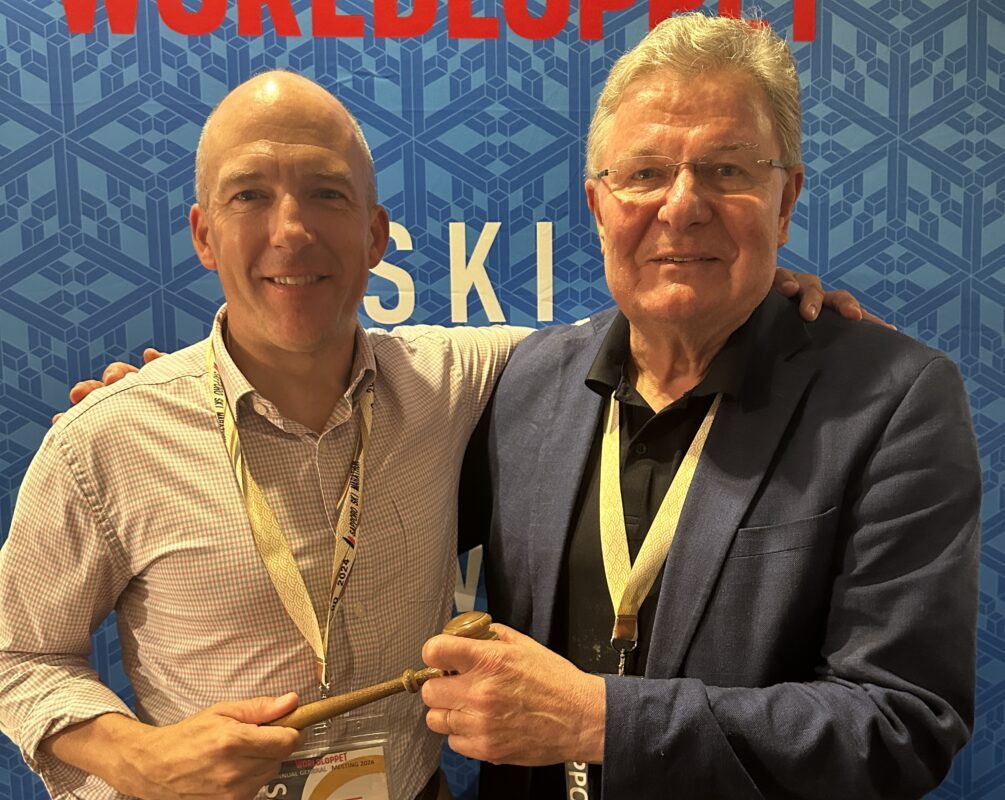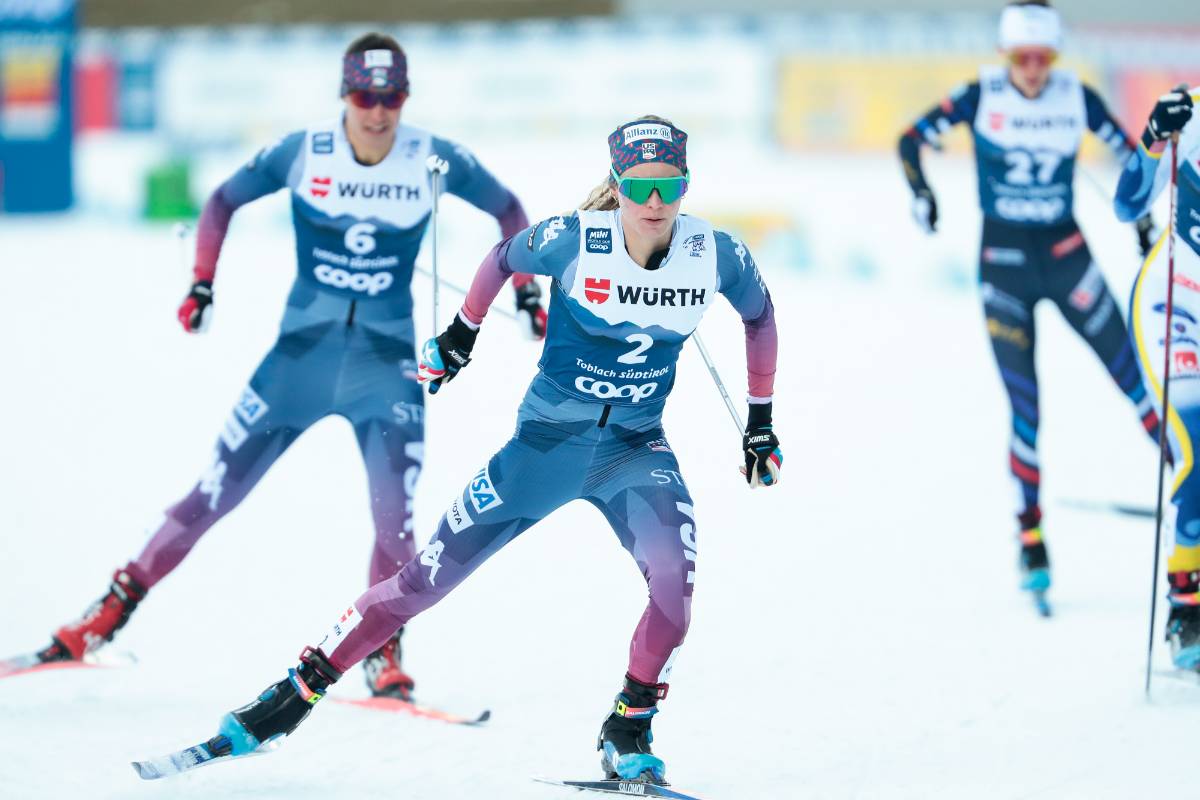TURIN, italy—Beckie Scott knows suffering is as necessary to her sport as snow.
There is a fine line of pain tolerance she will traverse as she races for Olympic gold tomorrow in the women's 15-kilometre pursuit race in the mountains of Pragelato. If she goes too hard, she risks going over the edge and having her technique fall apart. If she doesn't go hard enough, she won't stand a chance of the podium.
“You have to be on that line without really crossing over into what we call the `pain cave,'” said Scott. “Having been there as many times as I have, it's the wrong place to be.”
Her teammate and good friend Sara Renner, also enjoying a breakthrough season, describes the anguish bluntly.
“It feels like a grenade's going off in your thighs,” she said.
The theme to the Canadian cross-country team's season so far might well be: Hurts so good.
And while Scott has certainly paid the price as far as suffering in achieving three World Cup victories this season — the first wins of her 11-year career — she's been visiting the “pain cave” less than ever before.
The 31-year-old from Vermilion, Alta., is a far different athlete than the one who captured a gold at the 2002 Salt Lake City Olympics, a medal that it took her 28 months to finally get after the two Russians who finished in front of her in the race got caught doping.
Burned out and no longer feeling she could make the intense physical commitment required, Scott nearly retired two years ago but ultimately returned in September 2005 with a sharpened focus and a renewed desire to not leave anything to chance in her preparations. She has not trained more but has trained smarter, getting the most from every workout.
“Those who want to train with Beckie realize that every workout is taken seriously,” said her personal coach Torbjorn Karlsen. “Show up unprepared and you'll be left in the dust very quickly. An 8:30 workout really starts at 8:30.”
Scott resumed training in May, four months earlier than usual, and said her preparations have been “flawless.” It has shown in the results, starting with a five-medal showing when the World Cup returned to Canada for the first time in 11 years in December. That return was engineered by the lobbying of Renner and Scott.
That's the thing about these two skiers — they are as impressive off the course as on it. They have blazed quite a trail since their first Olympic experience in 1998 at Nagano, when they were also-rans and almost laughed off the course.
They enter these Olympics on a real roll. Renner has two podium finishes, including a silver in the 10-kilometre race at the last World Cup in Davos, Switzerland, on Sunday. Chandra Crawford, just 22, who like Renner hails from Canmore, Alta., has three top-10 World Cup finishes, including a bronze in the sprint in Davos.
“Our team has this momentum,” said Renner. “You can't help but feel inspired by Beckie's performance, but at the same time I definitely have high expectations for myself.”
Scott shares those high expectations and has every reason to believe she can achieve them. The remarkable thing about her remarkable season is that she has probably suffered less physically than ever before.
“It's like I've achieved a new level of capacity because I don't suffer like I used to suffer,” she said. “Not to say that I'm not suffering. It's a different level of fitness and a different level of capacity that allows me to race fast for an entire race and to also have a finishing kick.”
That finishing kick has been good enough to get her on the podium six times this season, but she knows the Olympics are different than any World Cup.
“It has to be a perfect day, it has to be a perfect race with everything coming together in complete harmony to be a gold-medal winning race,” she said. “And I just hope when that (Olympic race) day comes, that will be the case.”
Source: Cross Country Canada



